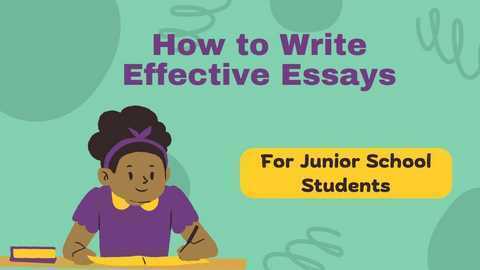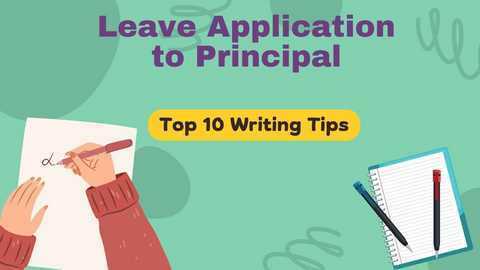Writing a summary is a fundamental skill that helps in various areas of life.
Whether you are summarizing a book, an article, or a lecture, it is essential to convey the main points clearly and concisely.
This article will explore the top 10 tips for writing a summary with practical examples to help you improve your skills.
How to Write a Summary | Top 10 Tips

1. Understand the Purpose of a Summary
Before you start writing a summary, it is vital to understand the purpose of the summary.
A summary is a brief and condensed version of a longer text or presentation providing essential information.
It is not a review or critique but rather a clear and concise explanation of the main points of the original material.
2. Read the Original Material Carefully
Reading the original material carefully is crucial to write a compelling summary.
Pay attention to the main ideas, key points, and supporting details.
Take notes as you read to help you remember important information and to organize your thoughts.
3. Identify the Main Points
After reading the original material, identify the main points.
These are the most important ideas that the author or speaker wants to convey.
Look for the thesis statement, topic sentences, and any repeated ideas.
Highlight or underline these main points to make them easier to find.
4. Use Your Own Words
When writing a summary, it is essential to use your own words.
Paraphrase the main ideas in a way that is clear and concise.
Please do not copy or quote directly from the original material unless it is a short phrase that cannot be paraphrased.
5. Keep It Short and Concise
A summary should be brief and to the point.
It should not include any unnecessary information or details.
Aim for a summary that is approximately one-third the length of the original material.
6. Focus on the Key Information
When writing a summary, focus on the critical information.
Leave out minor details or examples not essential to understanding the main points.
Keep your summary focused and concise.
7. Include Relevant Examples and Supporting Details
Include relevant examples and supporting details to make your summary more engaging and informative.
These can help to illustrate the main points and make them easier to understand.
However, be careful not to include too much detail or stray from the main points.
8. Use Active Voice and Present Tense
When writing a summary, use active voice and present tense.
This makes the summary more engaging and easier to understand.
Avoid using passive voice or past tense, which can make the summary dull or confusing.
9. Edit and Revise Your Summary
After you have written your summary:
- Edit and revise it.
- Check for grammar, spelling, and punctuation errors.
- Make sure your summary is clear and concise.
- Read it aloud to see if it flows well and makes sense.
10. Practice, Practice, Practice
Like any skill, writing a summary takes practice.
The more you do it, the better you will become.
Start by summarizing short articles or presentations, and work up to longer and more complex material.
With practice, you can write effective summaries quickly and easily.
Practical Examples
Let’s look at some practical examples of how to write a summary using the above tips.
Example 1
Original Text: “The internet has revolutionized how we communicate and access information. It has created new opportunities for businesses to reach a global audience and has changed the way we interact with each other.”
Summary: The internet has significantly impacted communication and information access. It has also created new business opportunities and changed social interaction.
Example 2
Original Text: “The benefits of exercise go beyond physical health. Exercise can improve mental health, reduce stress and anxiety, and improve cognitive function.”
Summary: Exercise provides benefits beyond physical health, including improvements in mental health, stress reduction, and cognitive function.
Example 3
Original Text: “Climate change is a pressing issue that requires urgent action. It is caused by human activities, including the burning of fossil fuels and deforestation, and poses a significant threat to the environment and human well-being.”
Summary: Climate change is a pressing issue caused by human activities that significantly threaten the environment and human well-being. Urgent action is needed to address this issue.
Conclusion
In conclusion, writing a summary is an essential skill that can help you in various areas of life.
By following the top 10 tips outlined in this article, you can improve your summary writing skills and convey the main points of any material clearly.




